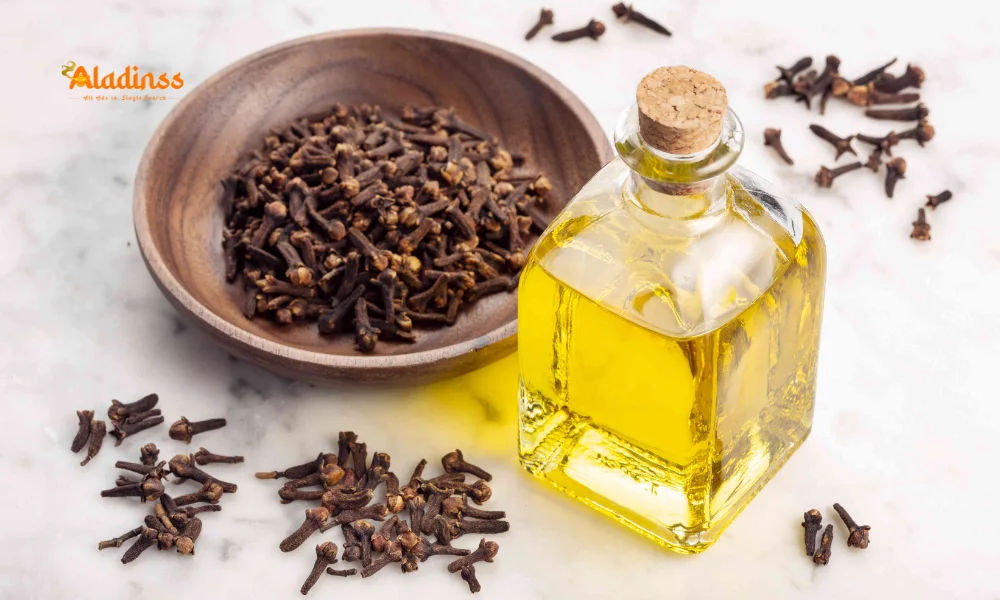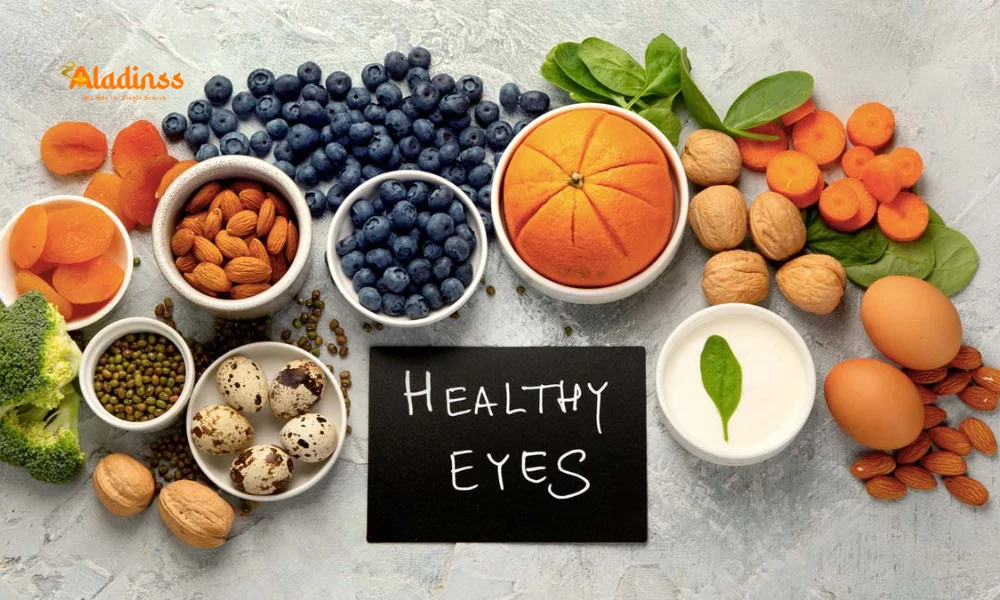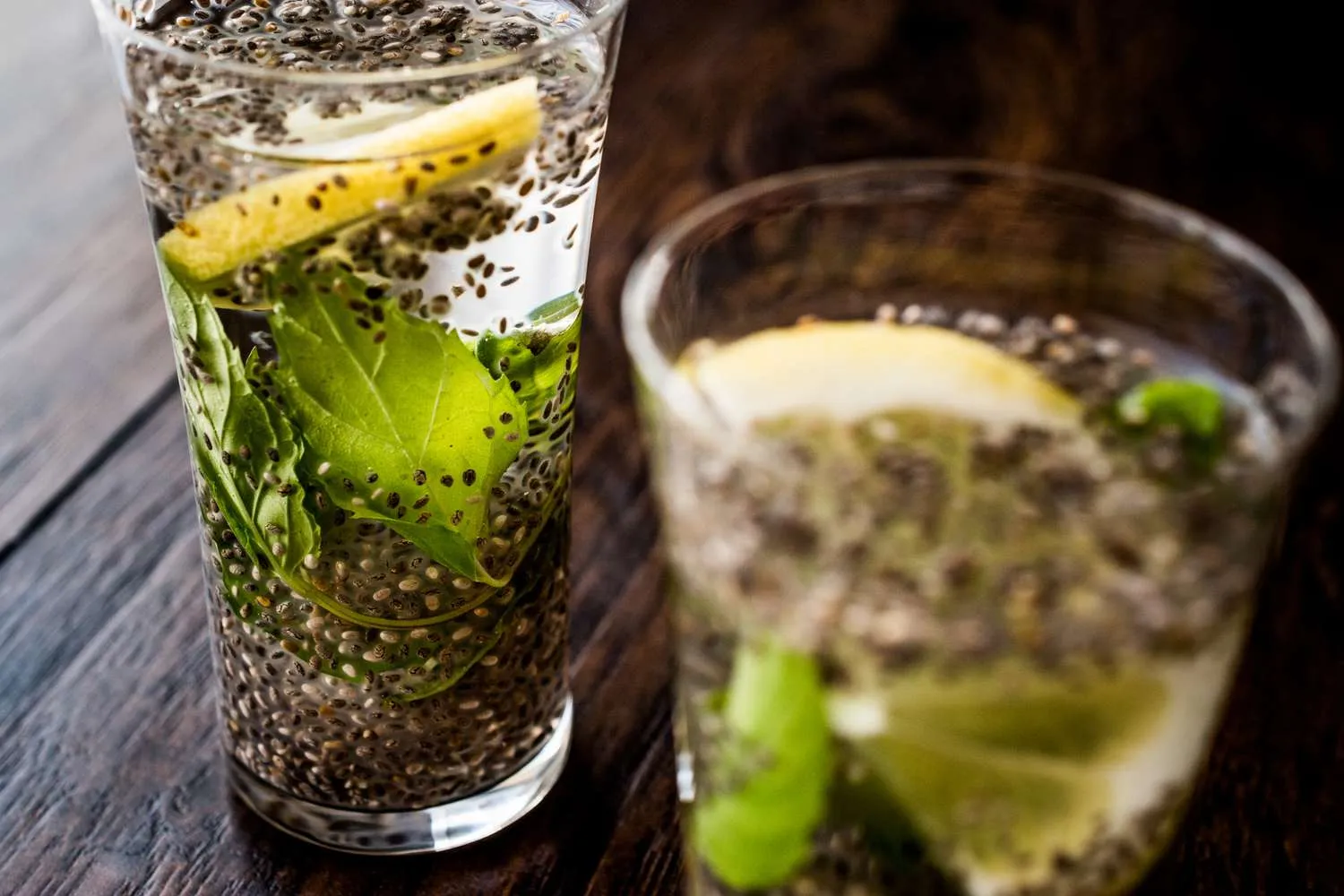Cloves Side Effects: Who Should Avoid Them

Cloves Side Effects: Essential Warnings for Safe Use in 2025
Cloves side effects can turn a beloved spice into a health concern for certain groups, despite its renowned eugenol-driven benefits like pain relief and antioxidant support. While cloves enhance flavors in dishes and teas, excessive intake or specific forms like clove oil pose risks, particularly for children, liver patients, or those on blood thinners. In today's wellness landscape, understanding eugenol toxicity and cloves bleeding risk ensures mindful consumption. As of October 2025, experts stress moderation to harness cloves benefits risks balance, avoiding issues like low blood sugar or allergic reactions. Whether exploring clove oil dangers or safe cloves use, awareness empowers better choices amid rising herbal trends.
Eugenol, the key compound in cloves, offers anti-inflammatory perks but can overwhelm sensitive systems, leading to liver strain or digestive upset. For most, small culinary amounts are harmless, yet vulnerable individuals must navigate these eugenol in cloves effects carefully to prevent complications.

Clove Oil Dangers for Children: A Critical Alert
Among the most pressing cloves side effects, eugenol toxicity strikes hardest in children, where even minimal oral doses of clove oil trigger severe reactions. Seizures, liver damage, and electrolyte imbalances can arise swiftly, as young livers struggle to metabolize the potent compound. Pediatric guidelines universally advise against clove oil children risks, recommending zero tolerance for supplements or undiluted applications.
This vulnerability stems from immature detoxification pathways, amplifying eugenol seizures children potential. Parents often encounter diluted forms in teething gels, yet experts caution that any ingestion heightens danger. Instead, opt for safer alternatives like chilled spoons for soothing gums, preserving cloves benefits risks equilibrium without endangering little ones.
Liver Disease and Cloves: Navigating Eugenol Liver Damage
For those with liver disease cloves interactions loom large, as eugenol exerts hepatotoxic effects in excess, potentially worsening jaundice or hepatic necrosis. Elevated liver enzymes signal overload, where the organ's compromised function fails to process the spice's bioactive load. Medical advice urges cloves for liver patients to seek physician clearance before incorporating, even in teas.
Chronic conditions like cirrhosis amplify these eugenol liver damage risks, with studies linking high doses to cellular stress. Moderation-perhaps a pinch in curries-may pose low threat, but supplements demand scrutiny. Monitoring via bloodwork ensures safe cloves use, allowing therapeutic upsides without tipping into harm.
Also Read: Nochi Leaf Benefits for Pain Relief
- Consult hepatologists for personalized thresholds.
- Avoid concentrated extracts during flare-ups.
- Track symptoms like fatigue or yellowing skin.
Cloves Bleeding Risk: Caution for Blood Thinners and Surgery
Cloves bleeding risk escalates for individuals on anticoagulants, as eugenol inhibits platelet aggregation, prolonging clotting times. This synergy with warfarin or aspirin heightens chances of nosebleeds, bruising, or gastrointestinal hemorrhage, demanding cloves blood thinner interaction vigilance.
Pre-surgery protocols recommend halting cloves surgery intake two weeks prior, preventing operative complications. For those with hemophilia or similar, even culinary traces warrant discussion, balancing cloves benefits risks through monitored portions.
Cloves for Diabetics: Managing Blood Sugar Interactions
While cloves diabetes potential shines in glucose regulation via enhanced insulin sensitivity, cloves low blood sugar pitfalls concern medicated patients. Eugenol boosts hepatic metabolism, risking hypoglycemia when paired with metformin, manifesting as dizziness or shakiness.
Endocrinologists advise cloves for diabetics risks assessment through glucose logging, starting with minimal doses. This approach harnesses benefits like antioxidant defense without destabilizing control, a key in 2025's integrated care models.
- Monitor levels post-consumption closely.
- Adjust meds under supervision if needed.
- Explore in non-fasting states for safety.
Pregnancy and Breastfeeding: Cloves Pregnancy Safety Guidelines
Cloves pregnancy safety permits trace culinary use, yet medicinal doses raise flags due to eugenol's placental crossover, potentially impacting fetal growth. Breastfeeding mothers face cloves breastfeeding effects transmission via milk, possibly causing infant colic or allergies.
Safe amount cloves pregnant hovers at under 1 gram daily, per obstetric reviews, favoring ginger alternatives for nausea. Postpartum, gradual reintroduction monitors tolerance, upholding eugenol in cloves effects awareness for maternal-infant harmony.
Oral and Allergic Reactions: Cloves Oral Irritation Concerns
Cloves oral irritation plagues those with sensitivities, where clove oil or gels provoke mucosal blistering and burning. Allergic reaction cloves may escalate to rash swelling or hives, driven by eugenol's irritant nature on compromised tissues.
Dentists warn against self-application for toothaches in ulcerated mouths, suggesting dilution or cessation. Patch testing mitigates broader allergic reaction cloves, ensuring topical perks without escalation.
Gastrointestinal Side Effects: Cloves and Digestive Disorders
Gastrointestinal side effects cloves include nausea, vomiting, and diarrhea from excess fiber and spice oils irritating the tract. For IBS or ulcer sufferers, gi disorders cloves exacerbate cramps, underscoring moderation cloves health imperative.
Start with infusions over raw forms, hydrating adequately to buffer. This tempers cloves nausea while retaining digestive aids like motility enhancement in tolerant users.
- Limit to post-meal sprinkles for ease.
- Pair with soothing yogurts if prone.
- Discontinue at onset of discomfort.
Safe Cloves Use: Tips for Moderation and Alternatives
How to use cloves safely boils down to dosage-under 1 teaspoon ground daily for adults-and form selection, favoring whole over oil. Cloves supplements warrant labels checking for purity, avoiding adulterants that heighten eugenol toxicity.
Alternatives like cinnamon mimic warmth sans risks, while consulting pros tailors integration. In 2025, apps tracking intake aid cloves moderation, blending tradition with tech for sustained wellness.
Ultimately, who should avoid cloves varies, but informed navigation unlocks eugenol's promise minus pitfalls. Prioritize dialogue with caregivers, transforming potential cloves side effects into empowered, flavorful living.
Comment / Reply From
No comments yet. Be the first to comment!







